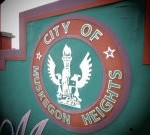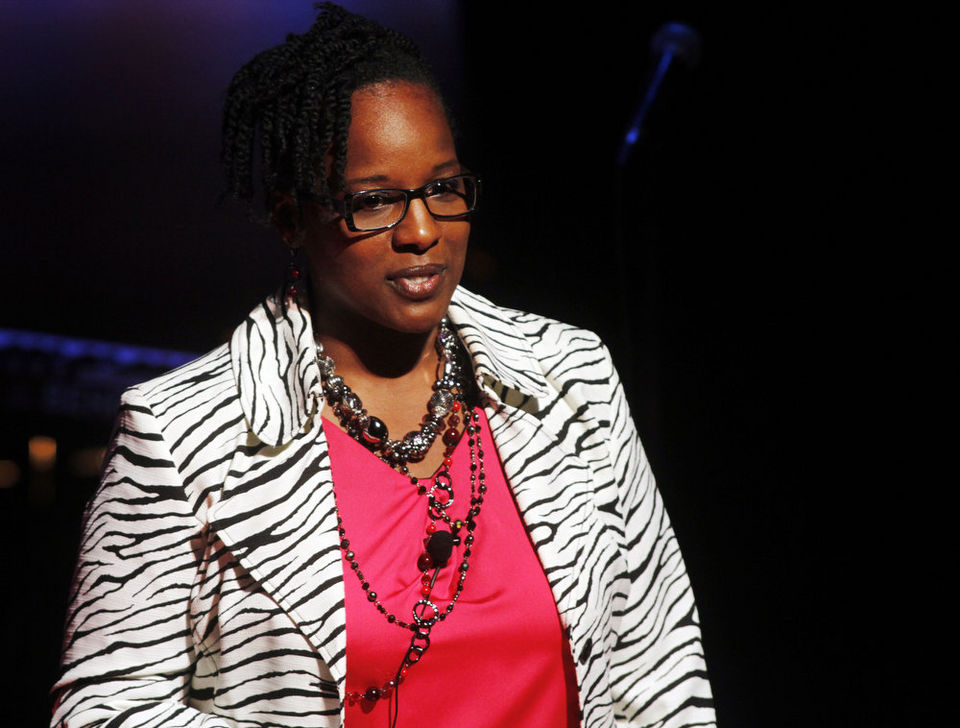Muskegon Heights Water Rates To Rise On January 1, 2014
Andrew Trzaska | December 9, 2013
Water rates in Muskegon Heights will go up another 40 cents per 1,000 gallons in 2014 to keep up with rising costs.
Starting January 1, 2014, the new wholesale rate to city residents on the Muskegon Heights water system will be $2.78 per 1,000 gallons.
According to the Mayor Darrell Paige, costs to maintain the aging system and other inflationary factors led to the rise.
“Nothing stays the same,” said Paige. “It’s a matter of cost.”
This is not the same as the large increases in sewer rates that Muskegon Heights and other municipalities across the county have been enacting yearly for several years now. As Muskegon County’s customer base for its state-of-the-art sewer system have decreased, the remaining customers have had to pick up the tab, with several double-digit increases since 2010 to avoid a debt default.
Commissioner Vernonell Smith said he has sat down with constituents and been able to explain water bills to some of his constituents, but noted it isn’t completely apparent that the continuous increases aren’t always due to water rates:
“When you sit down and break it down to them, our water rates are actually pretty reasonable,” said Smith. “If you break it down, the sewer rate is what is so high.”
In fact, water rates on the Muskegon Heights water system to Muskegon Heights residents were the lowest in the county as recently as summer of 2012.
As councilman Smith referenced, residents sometimes have been caught off guard by rate increases, either on the sewer line item or the water line item. A large portion of Monday’s pre-meeting discussions focused on how residents would learn out about the change.
After initial question from councilwoman Patrice Johnson about residents’ awareness of the rate increase, councilman Anthony McDonald asked city manager Natasha Henderson what the City was doing to publicize the rate increase. Henderson indicated that it would be publicized in the Muskegon Chronicle, and was public record at the city council meetings as well, which she noted was in line with reporting standards of other public utilities, like DTE Energy and Consumers Energy.
After further discussions, Henderson established that further advertising by the city, such as extra print mailings, could in the future be added to the quarterly water bills.
“We are a utility,” said Henderson. “When we start to get into advertising, that may make the rate higher.”
McDonald then challenged other council members to do more to get the word out to the 4,500 customers of the water system:
McDonald: “I don’t want to pass any more costs on residents than we already are. Maybe us on the Council just need to get out and tell everyone we see.”



